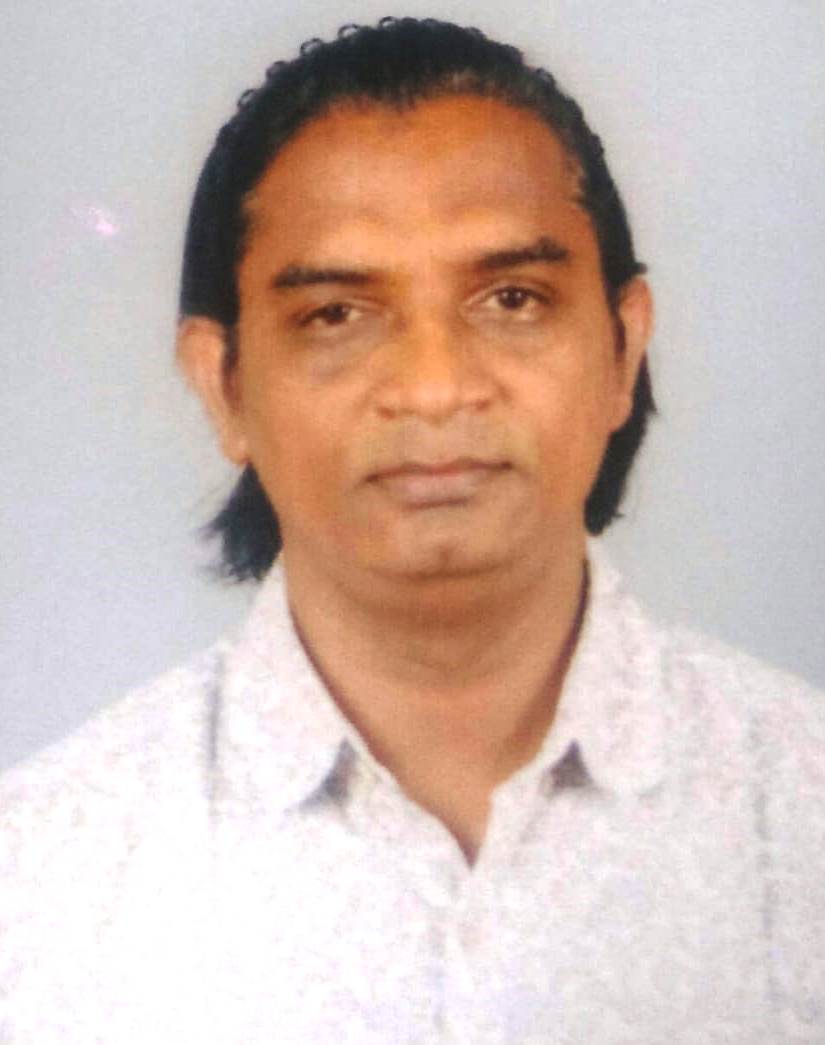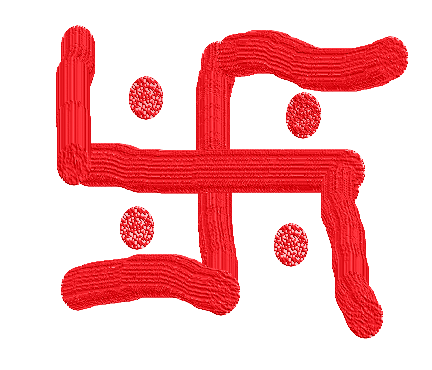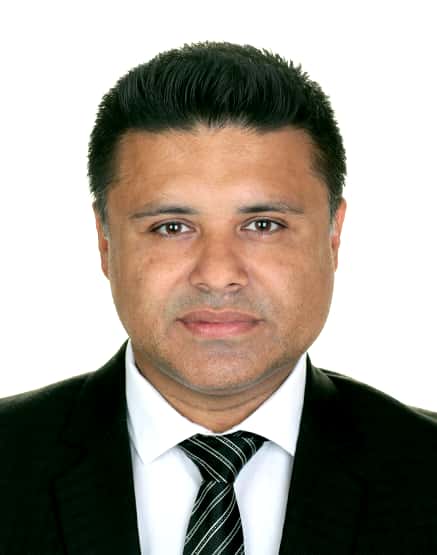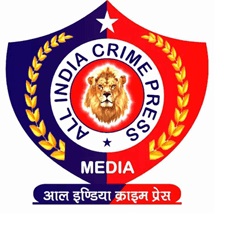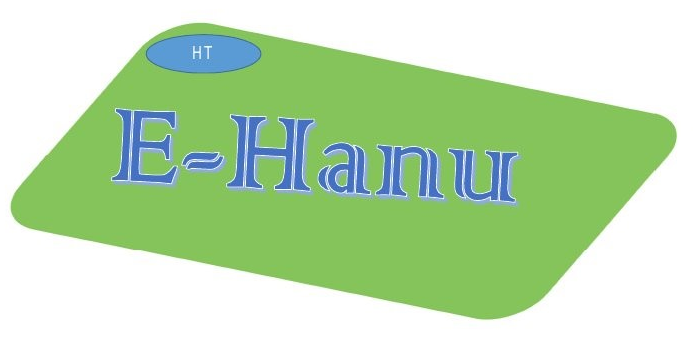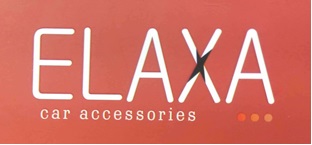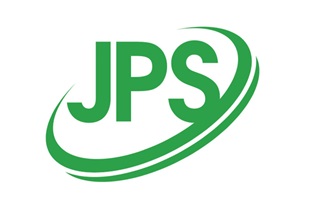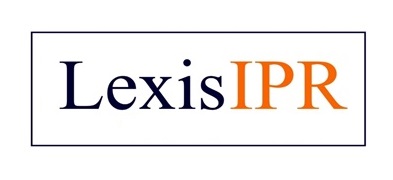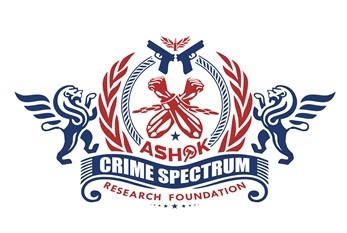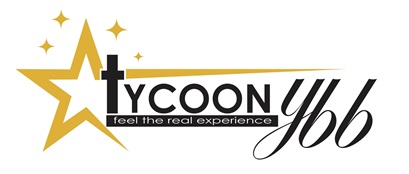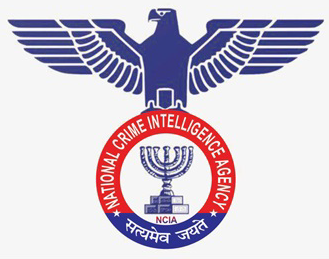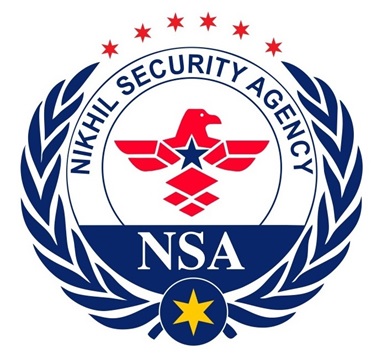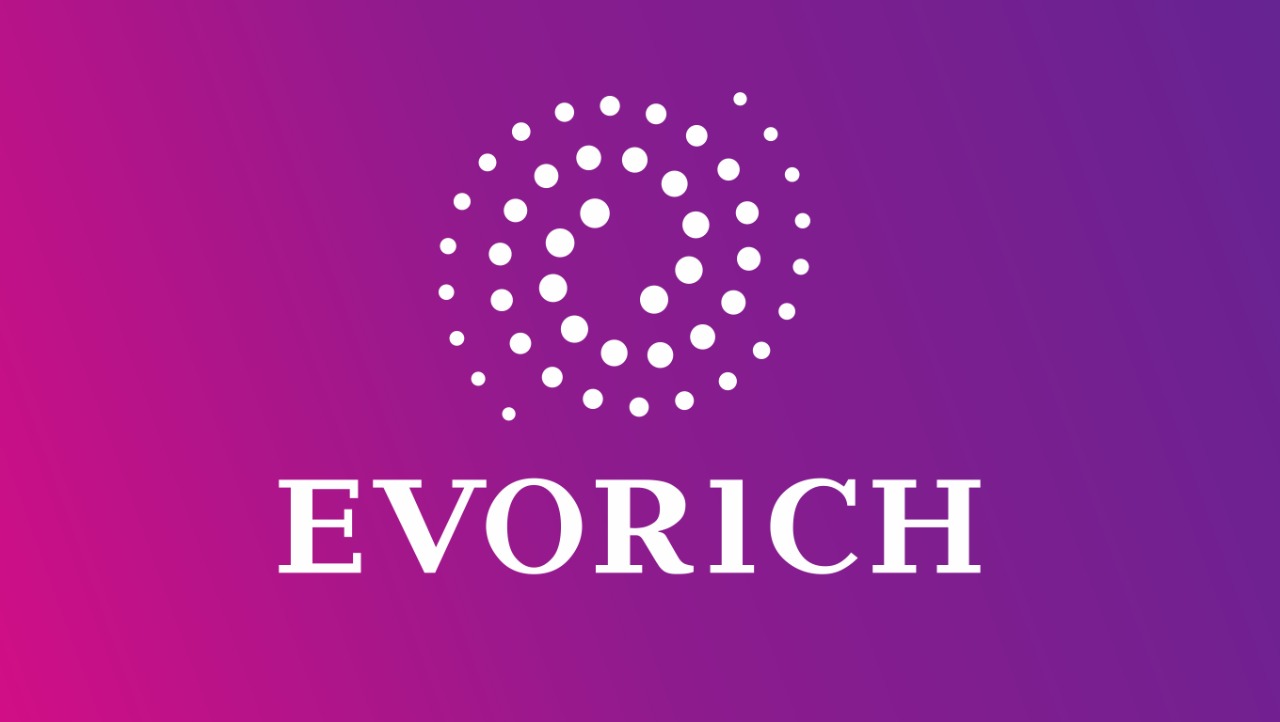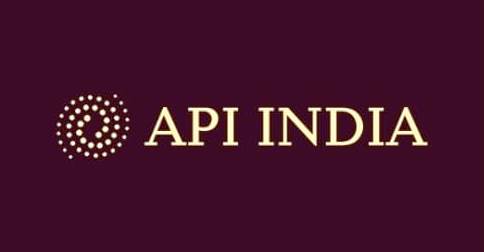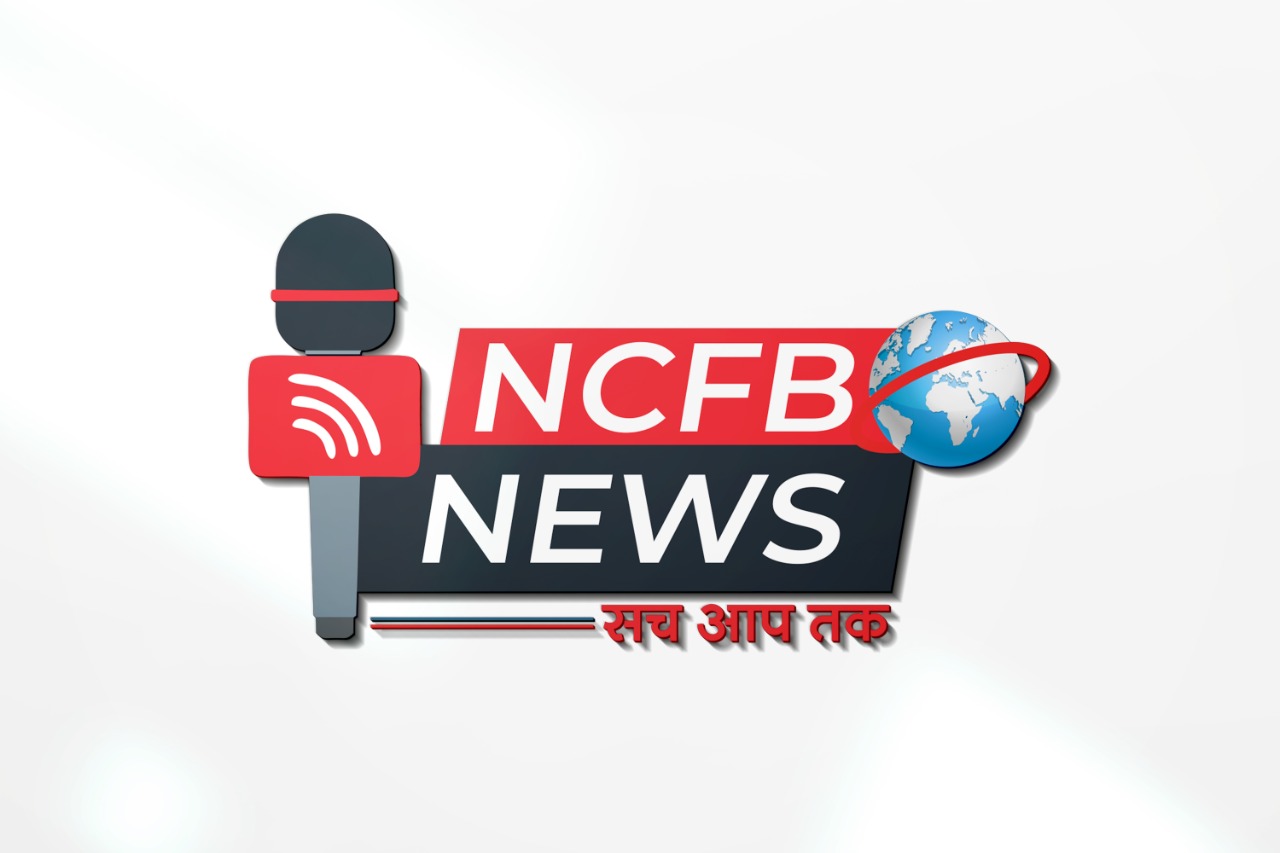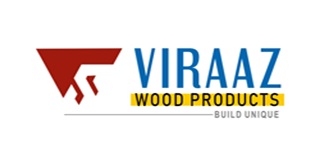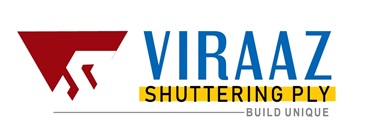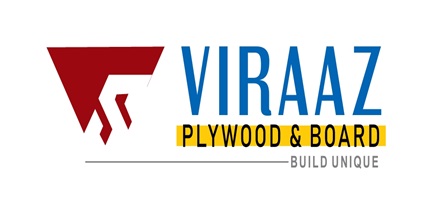Domain Name Registration
Civil litigation, Criminal , Commercial Litigation, Arbitration Proceedings, Intellectual Property Rights , Personal & Family Litigation, Income Tax Litigation, GST , Company Law , Consumer Case , Mediation & Conciliation.
3000 +
Happy clients
300 +
Advocate, CA, CS
10 +
Associates Offices
Request A Call Back
What is a domain name?
A domain name, often referred to simply as a domain, is the address of a website and is essentially what goes in between the scheme expression (usually either https:// or https://) and the first slash in a URL. You can type a domain name into an internet browser address bar to find a particular website’s main page. A domain name generally has a three-part structure, and each part of the domain is separated by a dot:
- Subdomain or third-level domain, such as www
- Second-Level Domain (SLD), which is the name of the website
- Top-Level Domain (TLD), such as com
Domain name registration in India are top level 2 main domains on the internet “.in” and “.co.in” just like “.com”, “.in” “.co.in”, “.org” can be used for email and websites and other mobile applications “.in” and “.co.in” or unique symbol and able to inform the public at large that website are having domain name which is specific Indian origin.
The Domain Name System (DNS)
Internet browsers load internet resources through the Domain Name System (DNS), one of the largest databases in the world. The DNS translates domain names into IP addresses, which are binary codes that enable devices and networks to identify and connect with each other. Since IP addresses are long and complex, humans use domain names as simpler representations of IP addresses that they can type into browsers.
Individuals and businesses can register for unique domain names with the Internet Corporation for Assigned Names and Numbers (ICANN). Businesses typically use domain names that are the same as the name of their business and try to get simple and recognizable domain names so that it’s easy for customers to visit their website. They can also use their domain name for any email addresses associated with their business.
Regulatory Registry:
The top domains which are register in India are “.in” and “.co.in” and these domains were made available to the general public only after January 1st 2005. In consonance to the UDRP India has enacted The Indian Domain Name Dispute Resolution Policy And Domain Name Dispute. The activities in the pertaining situation are monitored by the National Internet Exchange of India (NIXI). The Indian Domain Name Dispute Resolution Policy And Domain Name Dispute has been successfully eliminating the issue of the cybersquatting, the same can be understood through the provision of paragraph 6 of IDNDRP which overlook the intent of the accused infringer or respondent.
Domain name registration of “.in” and “.co.in” has been made his and the procedure for domain name registration in India is quite simple and everyone has access to it. The “.in” or “.co.in” domain name are obtainable for sign-up through many domain provider company and through registrar of domain and obtain “.in” of “.co.in” domain which are become a relatively simple process for the Indian business man or individual across the world who wants to update their profile and work on web.
Registration Availability:
Domain registration of India “.in”, “.co.in” available for organisation and individuals in India and outside India. The domain registration is done by registrar appointed by “.in” Registry and would happen through a transparent non biased process. To register a domain name is usually register in his name within few minutes as per the guidelines established by the government.
Domain names and cybersquatting:
One of the major issues in the field of domain name registration is cybersquatting. It refers to expeditious registration of a domain that could be so required by the other party or is evidently well known trademark. Some of the case law which dealt with their intrinsic issue of cybersquatting is waiting in India are in numerated below:
- “Satyam Infoway Limited versus Sify Net Solutions Private Limited” provides an imperative stand point on the pertinent matter. Hon’ble court has recognised “since the internet allows for access without any geographical limitation a domain name is potential accessible is respective of the geographical location of the consumers. The outcome of this potential for universal connectivity is not only that domain name would require worldwide exclusively protect a domain name”.
- There is another controversies arise in the protection of the domain name in the sphere of trademark is that the domain name or universal in nature and the trademarks laws are restricted to the specific countries that are enacted in. For the same subsequently, in the Satyam Infoway Limited case the court further observed “the trademark at 1999 itself is not extra territorial and may not allow for adequate production or domain names, this does not mean that domain names or not to be legally protected of domain names to the extent possible under the laws relating to passing off.
- Similar situation arose in the case of “Morgan Stanley versus Bharat Jain” and the Hon’ble court held in favour of the registered trademark holder.



